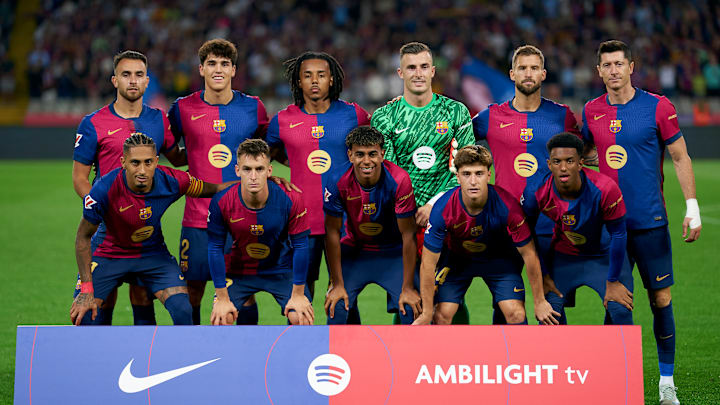The recent UEFA punishment meted out on Barcelona means that a Champions League match will be played behind closed doors to visiting fans - proof that soccer comes increasingly under scrutiny where unacceptable behaviour is concerned. This punishment was due to the incident during the 2-1 loss of Barça against Monaco, by a group of its supporters displaying a banner with the inscription "Flick Heil" - an unhappy reference to Nazism. As for the Catalan club, besides the sports effect, the penalty also contemplates the application of a €10,000 fine.
Follow Playing for 90 on X (Twitter).
Reflection of a Growing Problem
Unfortunately, such incidents in soccer are nothing new. In the recent seasons, we've seen more and more federations pay greater attention to what has gone on in the stands. Really, this punishment now shows how firm UEFA is in keeping this sport away from becoming a platform for hate speech or discrimination.
For a club of Barcelona's size, one of the largest in the world, it is not accustomed to this situation. However, due to a few of its fans, the consequences are not what it would prefer. The fact of the matter is that it cannot always be expected to know what every single individual is doing in its stadium or in away sections, yet worldwide there is an expectation that the game's giants do more to educate and police their fans.
Responsibility of Barcelona
Barcelona's statement after the punishment was clear: The club will take the punishment and has promised to reinforce the security apparatus so that such a situation does not happen again. However, is the club doing enough?
It is clear that Barcelona, like most other top clubs, are under increasing pressure to take action over inappropriate behaviour from their supporters. Violence, racism and intolerance are nothing new in soccer, but the globalised social media of today make all those issues move fast and urge clubs towards faster solutions.
Moreover, it does not punish Barcelona as an institution alone but the faithful who now have to watch their team in an important Champions League match against Red Star Belgrade during the group stages without support. The fans who were planning on making the trip to Serbia to cheer on their club will now have to reconsider trips and travel arrangements. Sporting and Moral Impact
The sporting implication of this punishment cannot be removed. It is a load itself to travel to Serbia. Barcelona would have to be even more concentrated on securing a positive result without the presence of their fans. Soccer is a game of emotions and passion, and playing without your supporters is most definitely a disadvantage that should not be undervalued.
Beyond that, of course, is the moral blow to the club. Traditionally, Barcelona has been hailed for its famous motto: "Més que un club" or, in English, "More than a club," which states a commitment of the team beyond the sport. Events like this, even though caused by a few, give a stain on that reputation and raise questions as to what the club is doing to handle such behaviors among its fanbase.
